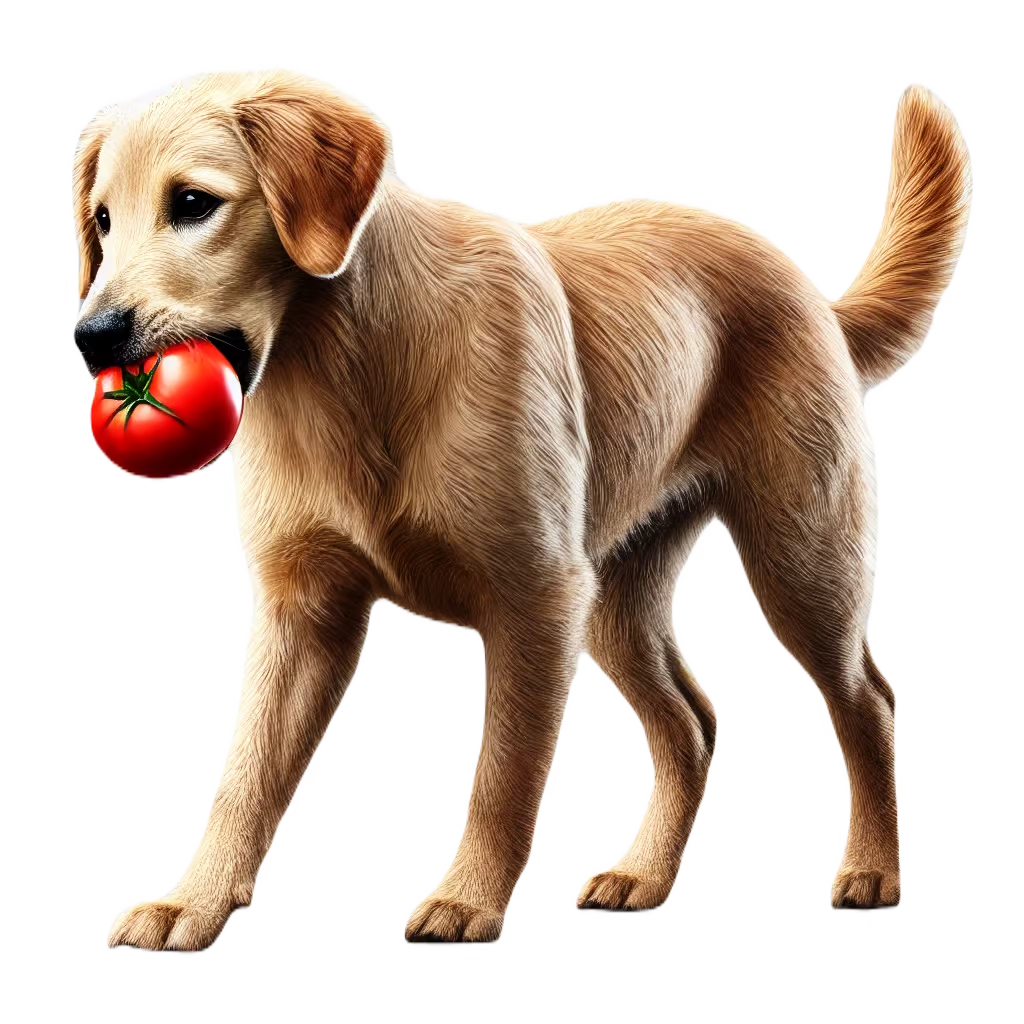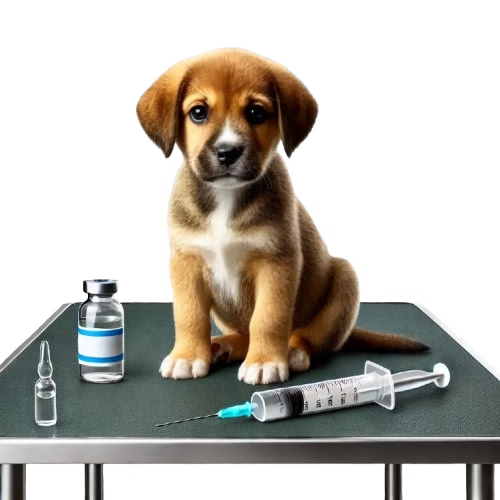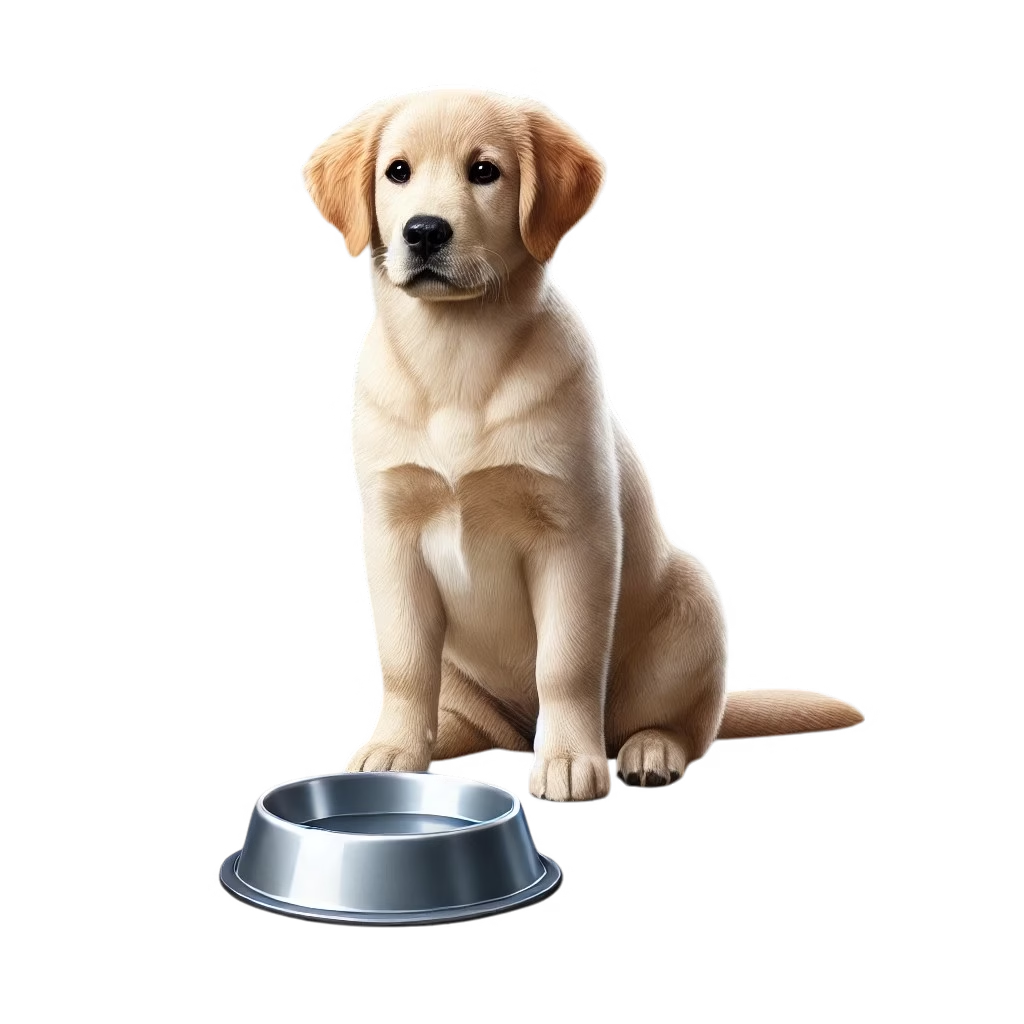What’s the deal with tomatoes and dogs?
Feeding your dog the right foods raises many questions—especially for owners focused on their pet’s health. One common concern is: can dogs eat tomatoes? In this article, we explore whether tomatoes, potatoes, sweet potatoes, and other vegetables are safe for dogs—and which ones should be completely avoided.

Can dogs eat tomatoes?
Yes, but with precautions. Ripe tomatoes are safe for dogs in small amounts. They contain lycopene, vitamin C, vitamin K, and fibre—beneficial for immunity and digestion. However, green (unripe) tomatoes, stems, and leaves contain tomatine, which is toxic to dogs and may cause stomach upset, weakness, or even poisoning in larger quantities.
What about cherry tomatoes? The same rules apply—ripe ones are fine, but due to their small size, they pose a choking hazard, so always cut them into smaller pieces before offering them.
Can dogs eat sun-dried tomatoes?
It depends. Store-bought sun-dried tomatoes are often preserved in salt, oil, or spices, which can be harmful. High salt intake may lead to dehydration, kidney issues, or salt poisoning. If you have plain, unsalted, spice-free dried tomatoes, a tiny piece may be safe as an occasional treat—but they’re not recommended as a regular part of the diet.
Can dogs eat tomato soup?
Generally, no. Most tomato soups contain onions, cream, salt, and seasonings—all potentially harmful or toxic to dogs. Onions, in particular, can damage red blood cells and cause anaemia. If you’re preparing a dog-safe version yourself, use only ripe tomatoes, carrots, and water—no additives, salt, or spices.
Can dogs eat potatoes and sweet potatoes?
Yes, but only when cooked.
- Raw potatoes contain solanine, which is toxic to dogs and can cause digestive upset.
- Boiled or baked potatoes, served plain (without salt or seasoning), are safe in moderation.
Sweet potatoes are often a better choice. They’re higher in fibre, vitamin A, C, B6, and antioxidants. They’re a healthy addition to your dog’s diet—again, only cooked and unseasoned.
What other vegetables can dogs eat?
Many vegetables are safe and healthy for dogs when introduced properly:
- Artichoke – safe in small amounts, supports digestion
- Carrots – low in calories, high in vitamin A, and good for chewing
- Pumpkin – great for digestion, helps with constipation
- Broccoli – rich in fibre and vitamins, best in small amounts
- Courgette (zucchini) – light and easy to digest
- Cucumber – hydrating and cooling in summer
- Red bell pepper – source of vitamin C (no seeds or stem)
- Cauliflower – helpful for digestion in small portions
- Green peas – fresh or frozen and boiled
- Lettuce – gentle on the stomach, low in calories
- Spinach – rich in iron and nutrients (feed in moderation)
- Beetroot – cooked, a good source of minerals and antioxidants
- Sweetcorn – only cooked kernels, never the cob
Which vegetables are toxic or unsafe for dogs?
Some vegetables should be completely avoided due to toxicity or poor digestibility:
- Wild mushrooms – some species are deadly to dogs
- Onions – highly toxic, damage red blood cells
- Avocado (pit and skin) – contains persin, harmful to dogs
- Rhubarb – affects kidneys and the nervous system
- Chilli peppers – irritate the digestive tract
- Raw red kidney beans – contain toxic lectins
- Leeks – from the same family as onions, also toxic
- Aubergine (eggplant) – potentially harmful in large quantities; best avoided unless well-cooked
- Raw broad beans (fava beans) – hard to digest and may be toxic
- Fennel – can cause stomach issues in larger amounts
Summary
Vegetables can be a great addition to your dog’s diet, but it’s important to know which ones are safe and which to avoid. Ripe tomatoes, potatoes, sweet potatoes, carrots, and pumpkin are healthy choices in moderation. Onions, raw potatoes, and wild mushrooms, however, should always be avoided. When in doubt, speak to your vet or a qualified canine nutritionist before adding new foods to your dog’s meals—your dog’s health and safety always come first.

